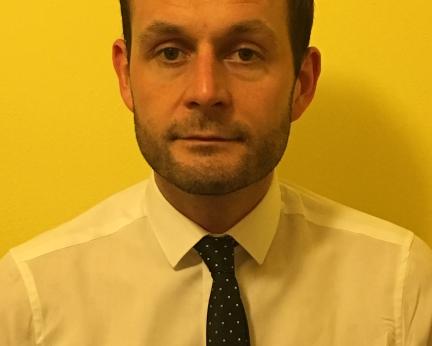I’ve always believed if you’ve got passion and the drive, you can progress. I’ve gone from a band 3 NHS post to an 8d one and I’m nothing special.
My advice is always to find something you like doing and are good that. We spend a lot of time at work and it’s never too late to make a change. I’m very career focused and three years ago I set myself a target that I want to be an NHS chief executive at age 45. So I’ve got eight years to get to that point with most likely one role between where I am now and where I want to get to.
I’ve had mentorship for the last year and I’d very much like to participate in one of the NHS Leadership Academy programmes to help me make that transition into executive leadership.
I also think it’s important to find leaders you can believe in and learn from. In my career I can think of three key individuals I’ve worked for who supported my development through mentorship, leadership and being providing opportunity. If you’ve got someone who believes in you and you believe in them, then it’s down to you as an individual.
When I was interviewed for this role I was clear with the interview panel about the support I wanted. Part of being a senior leader is appraising your own skill set and capacity and giving people the skills, knowledge and experience to be able to deliver the role themselves.
The NHS provides a true opportunity to start a career that can take you anywhere. I’d strongly advise anyone to consider working in the NHS because there’s no substitute in terms of being able to go home and be able to say I’ve made a difference to actual patients and actual people.





